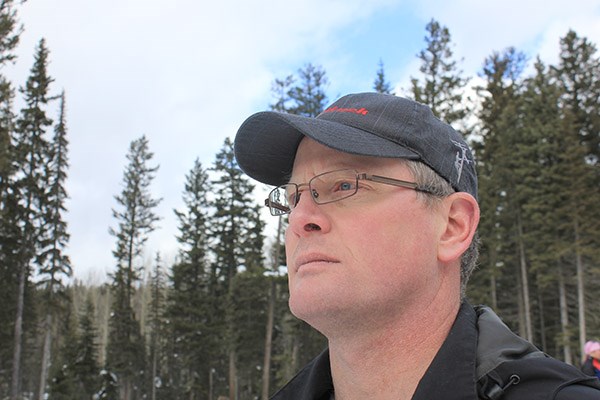When I was in my twenties, my doctor told me I could pretty much abuse my body until I was 30. So I did. Just after my 30th birthday, I did the only responsible thing – found a doctor that moved the “abuse yourself” age to 40.
After that, instead of shopping for a more lenient physician, I turned to exercise and better eating, ran marathons and rode my bike as much as possible. Now in my early 50s, my body lets me know that while I’m not old, I’m not young anymore either. On most days I find something that hurts and even though I try to maintain a reasonable lifestyle, there seems to be an increase in medical visits. Fortunately, my doctor in Squamish is fantastic; I’m in good hands.
It’s all normal, of course. As we get older we feel the impacts of life on our bodies. But the impacts aren’t limited to our individual health – there is a tremendous financial impact that grows as our population ages. In 2004 a study by the U.S. National Institutes of Health presented the following finding: “Nearly one-third of lifetime expenditures is incurred during middle age, and nearly half during the senior years. For survivors to age 85, more than one-third of their lifetime expenditures will accrue in their remaining years.”
Translated, this means that when we live longer and there are more of us, the costs increase substantially. For the first time in history, the number of senior citizens in Canada surpassed the number of children, StatsCan reported last week. Based on the current demographic trend in Canada, it will only be a few years until the existing health care system will collapse under its own financial weight.
We already experience lengthy surgical waiting lists, small towns with no doctors, crowded hospitals, citizens who can’t find a family doctor and rapidly escalating drug costs. If we keep thinking that we can fix the problems by adding a few more dollars to the annual budget and raising taxes to cover the difference, we are sadly mistaken.
Several decades ago, my great-grandfather was part of a small group in Saskatchewan that worked hard to create a system where all citizens would have access to health care. Working in concert with Tommy Douglas and others, a great plan was conceived and put in motion. Knowing this has always been a source of great pride for me, not just because we have a national health-care system, but more importantly that some regular folks with a vision worked hard to drive much-needed social change.
So here we are again, in need of a better system. Should it be more private care, home care, preventive health management, higher taxes, all of this, or perhaps something else? Whatever the right combination, a new vision and large-scale change are needed soon. We can definitely do it, but the real question is – will we? And if we don’t, how bad will it get before it improves?



